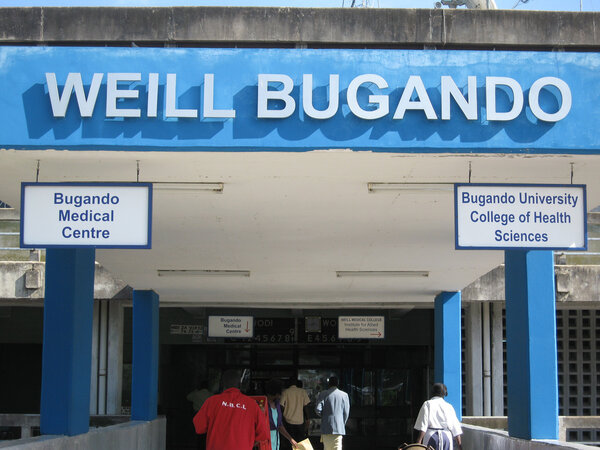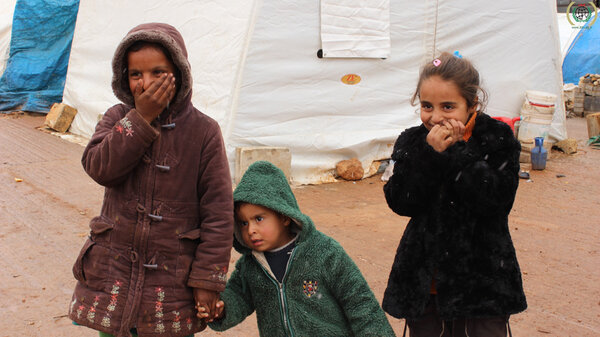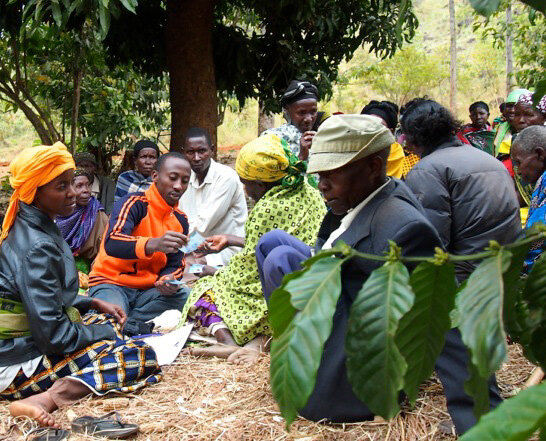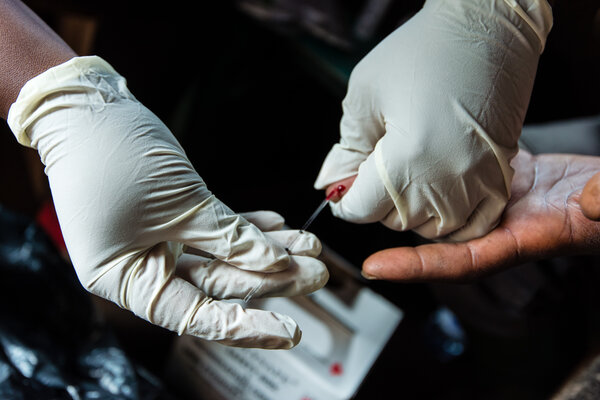Weltweit sind nach Schätzungen der Weltgesundheitsorganisation 37 Millionen Menschen mit HIV infiziert. Lediglich die Hälfte (18,2 Millionen) hat mittlerweile Zugang zu antiretroviralen Medikamenten, die in der Regel die Entwicklung einer Immunschwäche verhindern. Von der anderen Hälfte wissen die meisten nicht, dass sie HIV-infiziert sind. Die WHO schätzt die Zahl der unerkannten HIV-Infektionen auf mindestens 14 Millionen. Dazu infizieren sich pro Jahr 1,9 Millionen Erwachsene und diese erschreckende Zahl hat sich zuletzt kaum vermindert.
Fest steht auch: Heute haben wir die Voraussetzungen, um diese riesige Lücke in den Behandlungsprogrammen zu schliessen. Wenn wir die internationalen Ziele zur Aids-Bekämpfung erreichen wollen, müssen wir die Behandlung vor allem in West- und Zentralafrika massiv ausweiten. Der Zugang zu lebensrettender Therapie darf nicht länger davon abhängen, auf welchem Kontinent man lebt.
An der diesjährigen Fachtagung diskutieren wir, wie umfassende HIV-Tests und der sofortige Beginn einer lebenslangen, antiretroviralen Behandlung von Menschen mit HIV verbessert werden kann.
Dazu haben wir ein vielversprechendes Programm zusammengestellt und fachlich sehr kompetente ReferentInnen eingeladen: Dr. Badara Samb von UNAIDS, ein Pionier in Bezug zur 90-90-90 Strategie. Dr. Nikolaus Labhardt (Swiss TPH/ SolidarMed), der seine interessanten Erfahrungen aus Lesotho mit uns teilt. Die Pfarrerin Phumzile Mabizela (INERELA+) aus Südafrika, selbst von HIV betroffen und Aktivistin in den Kirchen. Dr. Gilles Wandeler (Inselspital Bern), ein Schweizer HIV-Experte, der von verschiedenen Studien aus dem In- und Ausland berichten wird sowie Heide Jimenez Dàvila von der Groupe Sida Genève, die über Erfolge und Schwierigkeiten im Genfer Kontext referiert.
Zum ersten Mal offerieren wir Simultanübersetzungen vom Englischen ins Französische. Weitere Informationen finden Sie auf unserer Homepage. Wir freuen uns Sie am 10. Mai in Bern begrüssen zu dürfen!
Carine Weiss
Koordinatorin aidsfocus.ch
Projektleiterin Medicus Mundi Schweiz
cweiss@medicusmundi.ch



































